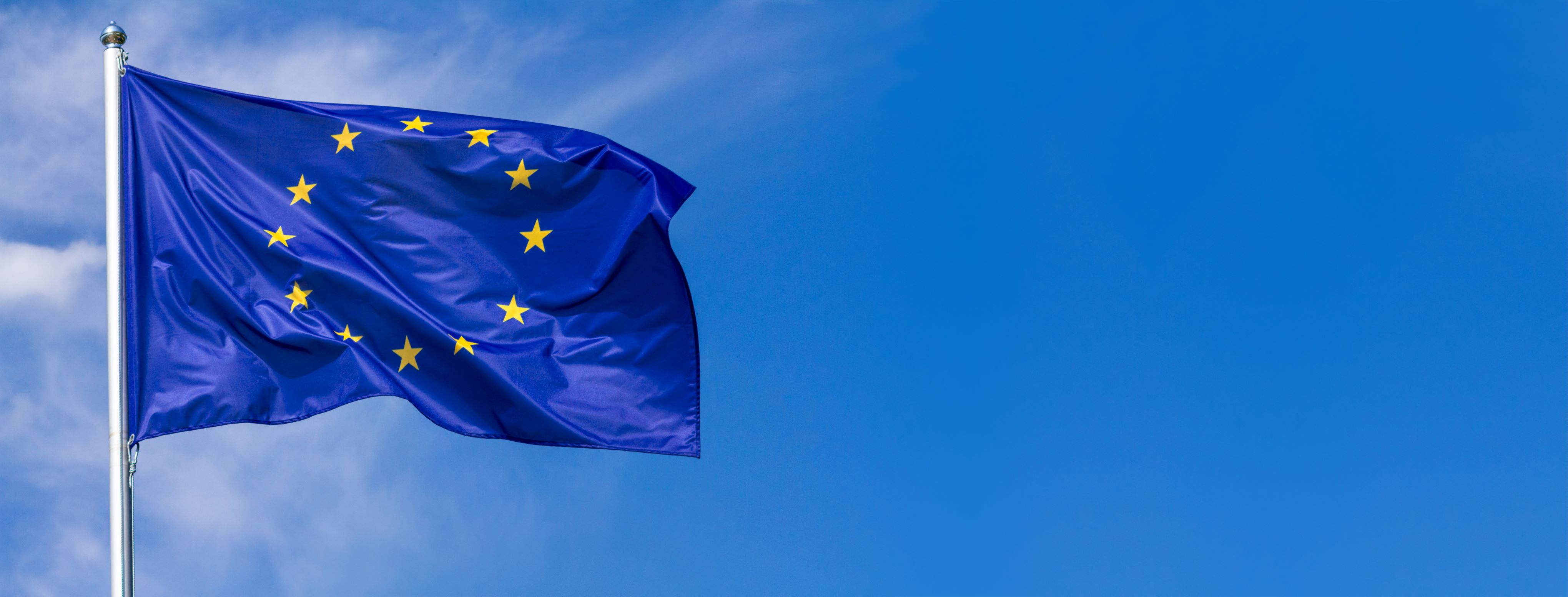
The EU has agreed a world-first scheme to support European industries to decarbonise by levying a CO2 emissions tariff on imports of polluting goods.
The law will impose carbon dioxide emissions duties on imports of iron and steel, cement, fertilisers, aluminium and electricity, with importers required to buy certificates to cover embedded emissions (emissions that occur in the production of goods but not physically incorporated in the goods). It will also apply to imported hydrogen.
Domestic EU industries are already required to buy permits from the EU carbon market when they pollute, meaning that importers will now have to pay the same price as these domestic producers under this emissions trading system.
CBAM
The scheme, called the carbon border adjustment mechanism (CBAM), aims to level the playing field and prevent markets being undercut by cheaper goods made in countries with weaker environmental rules, reports Reuters.
CBAM will go into effect on 1 October 2023, but during the initial phase-in period, importers will only have to report their carbon emission obligations.
Currently, the EU gives domestic industry free carbon dioxide permits to shield them from foreign competition, but these will be phased out when the carbon border tariff is brought in.
EU industry has pushed back against abolishing the free permits, arguing that they free up money to invest in clean technologies, reports the FT.
What this means
Countries could be exempted if they have equally robust climate change policies to the EU, suggesting the US could avoid the levy.
Jane Tait, a customs consultant at the Institute of Export & International Trade (IOE&IT), explained:
“It has been apparent for some time that the EU would be taking further steps to reach net zero and the European Green Deal was the first of many such measures.”
“For now, UK businesses with subsidiaries in Europe will be required to collate data on commodities of aluminium, iron, steel, cement, fertiliser and European-sourced electricity.
“This is simply an initial step to quantify the effect of the named commodities, and it is expected that the EU will later examine options over carbon certification and its place in international trade.
“This is all part of ESG reporting, albeit at a very initial stage. The IOE&IT is fully supporting businesses’ ESG journeys, with technical experts on hand to assist with strategic planning, health checks, workshops, trainings, annual reviews and external ESG reviews.”
Green trade war?
According to the Guardian, the move could either be the first salvo in a global carbon trade war or the first step towards an equitable global effort to cut greenhouse gas emissions.
As previously covered in the IOE&IT Daily Update, the US and EU have been embroiled in a row over the US’s Inflation Reduction Act, which contains billions of dollars in incentives to green industries in the US, which has been seen by some EU member states as undermining its own attractiveness for green investment.
The US and the UK are considering how to respond, but the countries most affected by CBAM are likely to be those with high-carbon export industries such as China, Turkey, India and potentially Australia.
The UK government has previously announced a consultation on applying a carbon tariff to imports.
Export solution needed
Businesses have also lobbied for export rebates.
Industry body Aegis, which represents 25 sectors, said: “A CBAM with no export solution will weaken the competitiveness of our industries and send the wrong signal to investors: Europe is closing the shop for the industries of the future.”
Before the end of the transition period, the Commission will assess whether to extend the scheme to cover all goods under the EU’s Emission Trading Scheme by 2030.
The tax is expected to be completely operational from 2026, reports Politico.



